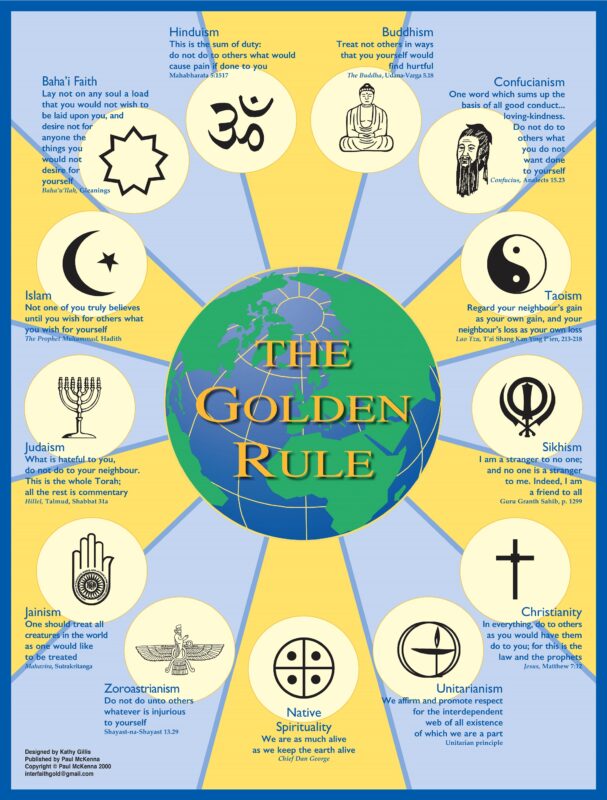
This Fall will see courses on indigenous spirituality, religion and migration, and Catholic perspectives on interfaith dialogue as the Faculty of Theology launches its new Diploma in Interfaith Dialogue.
Offered in collaboration with the Ecumenical and Interfaith Affairs Office of the Archdiocese of Toronto, the 10-course diploma is open to people of all religious traditions, regardless of academic background, and is designed to facilitate dialogue about faith in one of the most diverse cities in the world, says Faculty Dean Dr. James Ginther.
“Our goal is to introduce students to the spirituality of many of the faith communities in the Greater Toronto Area, bringing neighbours together in greater understanding and appreciation for each other’s rich traditions,” Dr. Ginther says. “We have been quite thoughtful in reaching out to the broader community to find just the right fit of experts to create the curriculum, as well as to teach the various units we will be offering.”
The program launches Monday, September 16 with Catholic Perspectives on Ecumenical and Interreligious Relations, one of the diploma’s two required foundational offerings, to be taught by Faculty systematics professor Dr. Darren Dias and guest lecturers. This course will see participants examine key documents and agencies from the Catholic perspective, with an emphasis on ecumenical and interreligious relations, all with the goal of developing deeper understanding both the unity and commonality that can be applied to emerging ecumenical and interreligious contexts around the world.
Next up with be Religion and Migration, which has been designed and will be taught by Dr. Agnes Thomas, who is the Executive Director of Catholic Crosscultural Services, a charity that helps with the settlement and integration of migrants and refugees.
Religion and Migration, which will be held on Monday nights beginning October 21, will offer an overview of immigrant and refugee journeys and settlement in Canada, exploring various communities’ disasporas to help understand migration and settlement patterns, and their impact on communities.
The final offering of the Fall semester is Indigenous Sacred Traditions & Reconciliation, taught by doctoral candidate Benjamin Lujan. This course, which begins Saturday, November 16, will explore key notions in Indigenous sacred traditions and worldviews, looking in particularly at the effects of colonization and Canadian efforts at reconciliation.
The Winter semester promises courses in Judaism, religious architecture and sacred space, and the other foundational course, which is titled Theories and Practices of Dialogue.
Future semesters will see course new offerings on world religions as well as themes such as peace and justice, religious texts, and prayer and mysticism. The two foundational courses will be offered on an ongoing, alternating basis.
All courses are 12 hours in length, usually offered in increments over four days, and students can take one, two or all three courses each semester. The program require students take the two foundational courses, a minimum of two courses from the category of Faith Traditions of Toronto and the World and a minimum of two courses from the category of Topics in Interfaith Encounter. Students will also engage in a two-credit capstone course, which will see participants work on a related project, including such options as faith mapping of a neighbourhood, or planning in interfaith prayer service. Altogether, students need 10 credits to earn the diploma.
Each course will include a written component of between 1,000-2,000 words, and participants will be marked on a pass/fail basis.
Admissions are being accepted on an ongoing basis. Thanks to a generous donation from the Scarboro Missions, we are able to offer courses for the 2019-2020 academic year at a rate of $175.
For more on the diploma, schedules of course and a link to the application form, please see https://stmikes.utoronto.ca/program/diploma-interfaith/.
Updated class location: Catholic Perspectives will take place at The Mary Ward Centre, located at 70 St. Mary St. in the Loretto College Residence. Class begins at 6 p.m. :
Winter semester classes will be posted shortly. |
